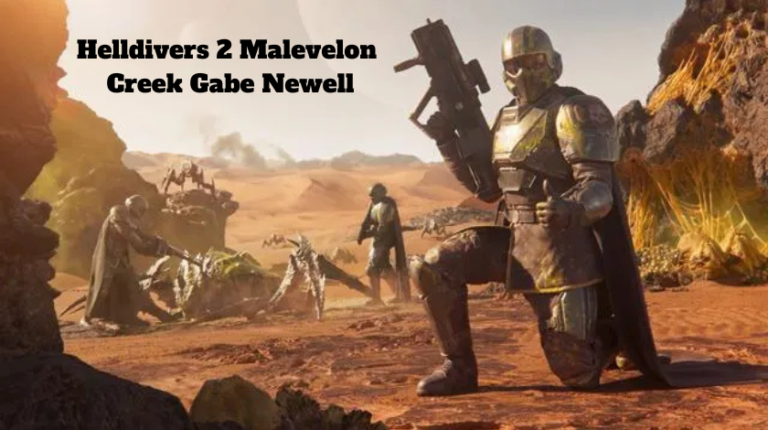Unbanned G+: A Detailed Insight Into the Resurrection of Google+ Communities
Unbanned G+ refers to the re-emergence or access restoration of previously banned Google+ (G+) profiles, pages, and communities. After Google officially shut down Google+ in April 2019, many users were either forcibly removed from the platform or found themselves banned due to violations of content policies, spam-related activity, or community abuse reports. With the platform’s partial survival in enterprise formats (via Google Workspace), and increasing underground interest in reviving legacy G+ content, the term “Unbanned G+” has gained traction among digital archivists, former community moderators, and social engineers.
The History of Google+ and Why Bans Occurred
Google+’s Rise and Fall
Launched in 2011, Google+ was envisioned as a competitor to Facebook, offering unique features like:
-
Circles for content sharing segmentation
-
Communities for niche discussions
-
Hangouts integration for real-time communication
-
Collections for topic-based content organization
Despite the initial buzz and integration with other Google services, G+ failed to maintain a competitive user base, largely due to:
-
Complicated user interface
-
Low engagement metrics
-
Security vulnerabilities (notably a major data breach in 2018)
Google decided to retire the platform for personal accounts while maintaining a corporate version under Google Currents, now transitioned into Spaces within Google Chat.
Why G+ Accounts Were Banned
Many accounts were banned or removed for:
-
Violation of Google’s user policies
-
Spammy content or mass automation
-
Fake identities and impersonation
-
Participation in NSFW or controversial communities
Unbanned G+: Is It Possible to Recover or Access Old Google+ Data?
Accessing Archived Google+ Data
While direct access to the G+ platform is no longer available, users were allowed to download their data via Google Takeout prior to the shutdown. If you missed that opportunity, accessing that data now is extremely limited unless:
-
You used third-party cloud backup tools
-
You stored G+ content on external media or personal servers
-
You were part of enterprise G+ through Google Workspace, which transitioned into Currents and then to Spaces
Community Archives and Independent Mirrors
Some community-driven projects have emerged attempting to:
-
Mirror G+ content
-
Rebuild forums and discussions using archive data
-
Create independent clone platforms that mimic the G+ interface and features
Platforms like Pluspora, MeWe, or Mastodon-based instances have become new homes for ex-G+ users and communities. Some of these have integrated data archives from G+ through user-submitted exports.
The Myth of “Unbanned” G+ Profiles
No Official Restoration of Banned Accounts
Google has not provided any mechanism to reinstate banned G+ profiles. Once a user or community was removed for violating terms, or as part of the shutdown purge, those credentials were lost permanently. Therefore, any current claim of “unbanned G+” usually refers to:
-
Archived data being restored or republished elsewhere
-
Accounts that survived the shutdown within enterprise services
-
Profiles recreated on G+ alternative platforms mimicking old networks
Unofficial Tools and Community Workarounds
Some users have attempted to recover portions of their banned profiles using:
-
Wayback Machine (archive.org) snapshots
-
Data syncing tools that were active before the shutdown
-
Peer-shared copies of discussions and posts
These methods are unofficial, partial, and limited to users who took preventive backup steps.
Google+ Alternatives and Their Growth After G+ Ban
1. Diaspora / Pluspora
An open-source decentralized social platform where users control their data. Many ex-G+ communities migrated here due to:
-
Similar interface structure
-
High privacy standards
-
Community-based moderation
2. MeWe
A privacy-first social network with group-based structures resembling G+ Communities. Its popularity rose post-G+ shutdown due to:
-
No ads or tracking
-
Strong content control for users
-
Customizable privacy settings
3. Mastodon
Federated and decentralized, Mastodon attracted former G+ users interested in niche conversations and minimal moderation interference.
4. Reddit Communities
Several G+ topics and communities recreated themselves as subreddits, maintaining the original moderators and content focus.
Why the Legacy of Google+ Still Matters
Content Longevity and Digital Memory
G+ hosted millions of unique discussions, especially in areas like:
-
Tech development
-
Photography
-
Digital privacy
-
Science and academia
Many users are now working to preserve this knowledge, emphasizing the importance of archiving digital conversations.
Digital Identity and Social Graph Recovery
Some users had years of reputation, identity, and social connections invested in their G+ presence. Losing that has triggered:
-
Interest in rebuilding digital identities on new platforms
-
Importance of cross-platform username consistency
-
Demand for backup integration tools across social networks
Unbanned G+: Risks and Scam Alerts
Beware of Fake “G+ Restoration Services”
Due to the interest in account recovery, scammers have started offering:
-
Paid unbanning services
-
Google+ profile reconstruction packages
-
Mirrored accounts with falsified engagement metrics
These are fraudulent and may lead to phishing or malware exposure. No third-party service has official access to old G+ accounts or Google databases.
How to Stay Safe
-
Only use Google-authorized platforms to manage your data
-
Avoid sharing credentials with unknown services
-
Report scams to Google Security Team or local cybersecurity organizations
The Role of Google Workspace in Preserving G+ Structure
After the public G+ shutdown, Google transitioned its social layer into enterprise environments:
-
Google+ became Google Currents, now deprecated
-
Currents transitioned into Spaces within Google Chat
-
Organizations can still create threaded discussions, maintain topic-focused chats, and use group-based visibility controls
This version of G+ survives in form but not in name.
Conclusion: The Truth About Unbanned G+
Unbanned G+ is not about the revival of a banned platform, but about the persistence of its spirit, data, and community. While official restoration is impossible, G+ lives on in:
-
Archived data repositories
-
Migrated communities on alternative platforms
-
Individual efforts to reconstruct discussions and identities
We recommend users prioritize data backup, embrace decentralized social platforms, and maintain online identity resilience across digital ecosystems.
